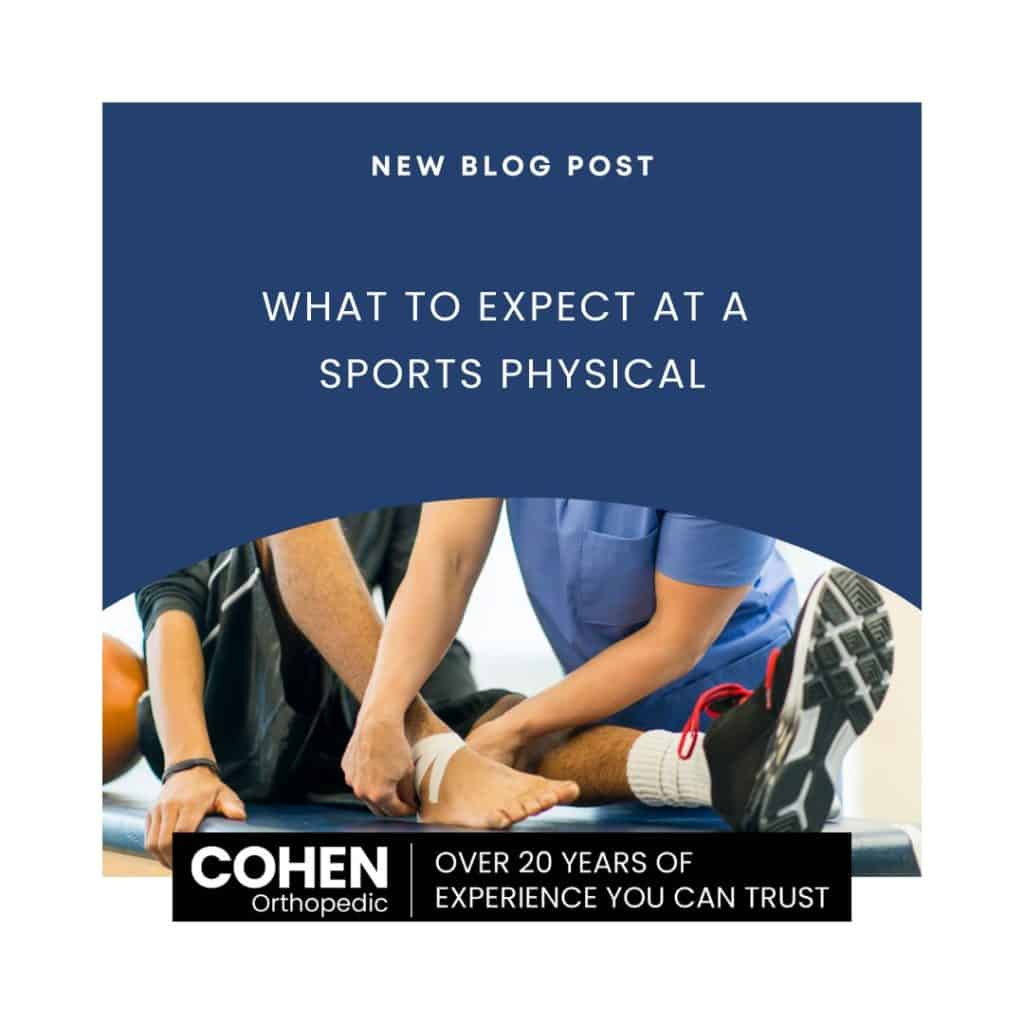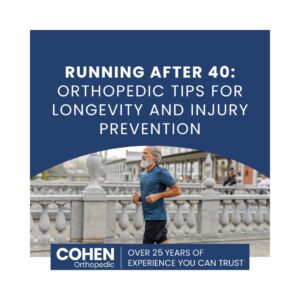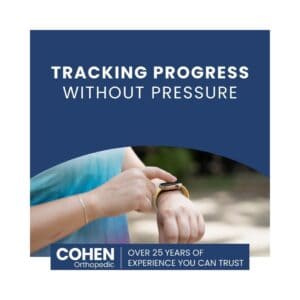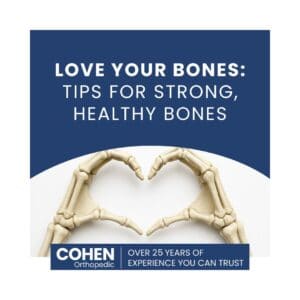What to Expect at a Sports Physical

Sports physicals, also known as pre-participation physical examinations (PPE), are essential health assessments designed to ensure athletes are physically capable of participating in sports safely. Whether you’re a student athlete gearing up for the season or a recreational enthusiast, understanding what happens during a sports physical can help alleviate any anxiety and prepare you for the experience.
- Purpose of a Sports Physical
The primary goal of a sports physical is to evaluate your overall health and fitness level to identify any conditions or risk factors that could affect your participation in sports. It’s not just about checking for injuries; it’s also about assessing your cardiovascular health, musculoskeletal system, and general well-being. - Medical History Review
Your sports physical will typically begin with a review of your medical history. You’ll be asked about any past illnesses, surgeries, allergies, medications you’re currently taking, and any family history of medical conditions. It’s important to be honest and thorough during this part of the exam as it helps the healthcare provider understand your health background. - Physical Examination
The next step involves a comprehensive physical examination. This may include:
- Vital Signs: Your heart rate, blood pressure, and respiratory rate will be measured.
- Height and Weight: These measurements help determine your body mass index (BMI), which is important for assessing overall health and growth.
- Vision and Hearing: Tests to evaluate your vision and hearing may be conducted to ensure you have adequate sensory function.
- Musculoskeletal Examination: The doctor will examine your joints, muscles, and flexibility to check for any signs of injury or limitations.
- Neurological Examination: Basic neurological tests may be performed to assess coordination, reflexes, and strength.
- Cardiovascular Assessment
Given the physical demands of sports, assessing cardiovascular health is crucial. This may involve listening to your heart and lungs with a stethoscope to detect any irregularities or abnormalities. In some cases, an electrocardiogram (ECG) may be recommended to check for heart rhythm abnormalities, especially in athletes at higher risk. - Discussion and Recommendations
Based on the findings from your medical history and physical examination, the healthcare provider will discuss any concerns, recommendations, or restrictions related to your participation in sports. They may provide advice on injury prevention, nutrition, hydration, and conditioning exercises tailored to your specific needs. - Documentation and Clearance
If everything checks out well, you’ll receive a clearance form indicating that you’re fit to participate in sports. In some cases, additional follow-up may be recommended for further evaluation or treatment of any identified issues. - Timing and Frequency
Sports physicals are typically required annually before the start of a new sports season. It’s important to schedule your physical well in advance to ensure you have ample time to address any concerns that may arise during the exam.
Conclusion
A sports physical is a proactive measure to safeguard your health and well-being while participating in sports. It serves as an opportunity to detect potential health issues early, optimize performance, and reduce the risk of injuries. By understanding what to expect and being prepared, you can approach your sports physical with confidence, knowing that it’s a valuable step towards a safe and enjoyable athletic experience. Always remember to follow up on any recommendations from your healthcare provider to maintain optimal health throughout the sports season.










